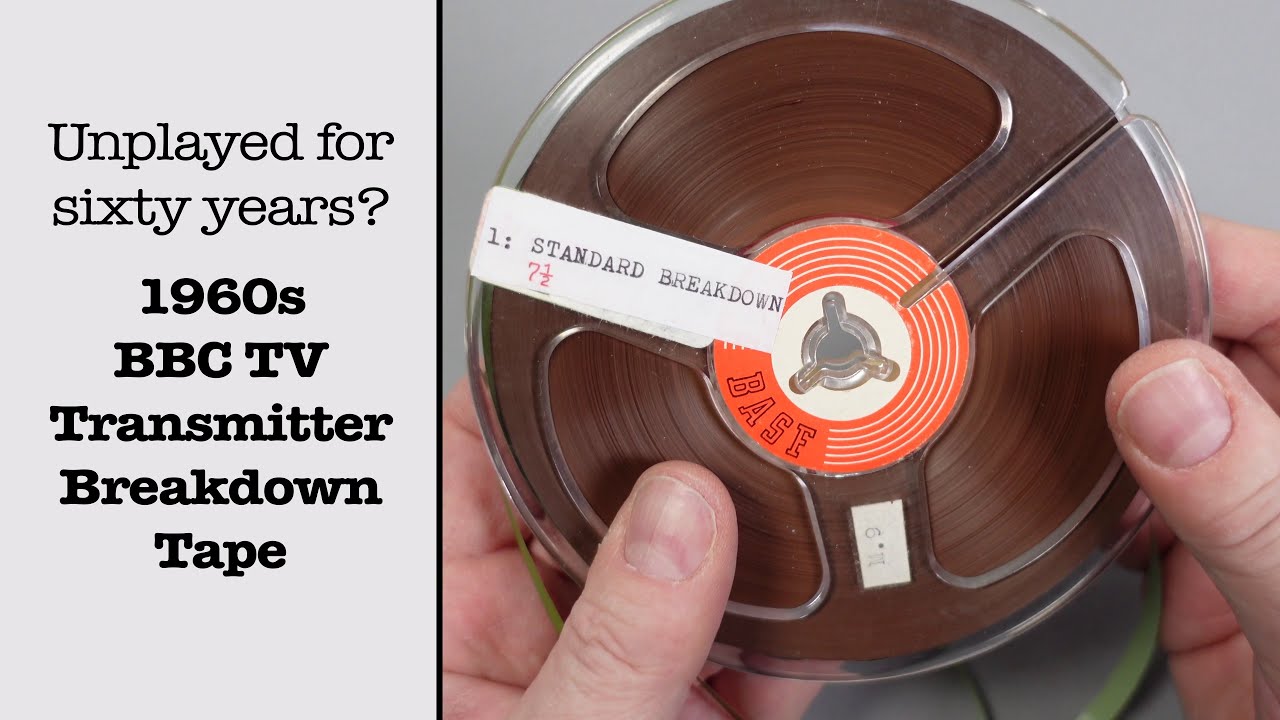


Perforated galvanized plumbers strapping. While most of my equipment is wall mountable, I used exactly this sort of thing for all the power supplies.
Likely similar to whatever you’re planning to use with the plastic strap, but more metal is more betterer










Power captures power. Money is a form of power, but there are many forms and the powerful tend to try to grab more power no matter the situation.